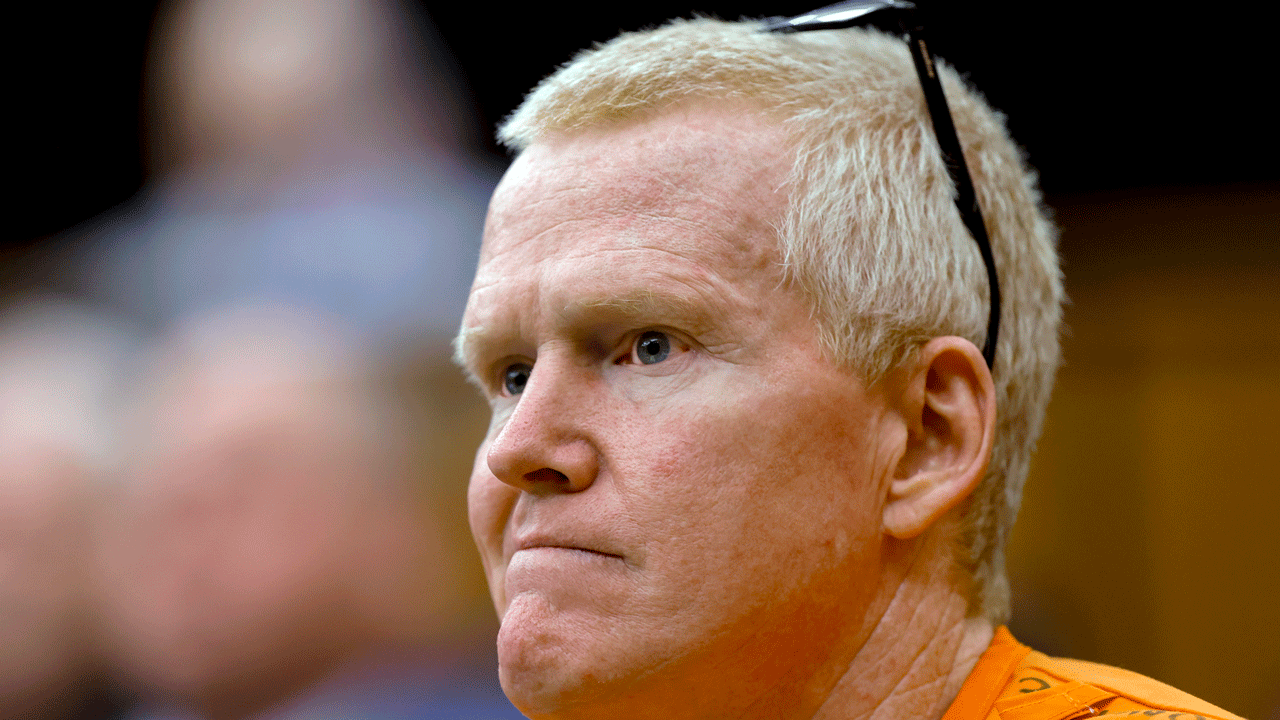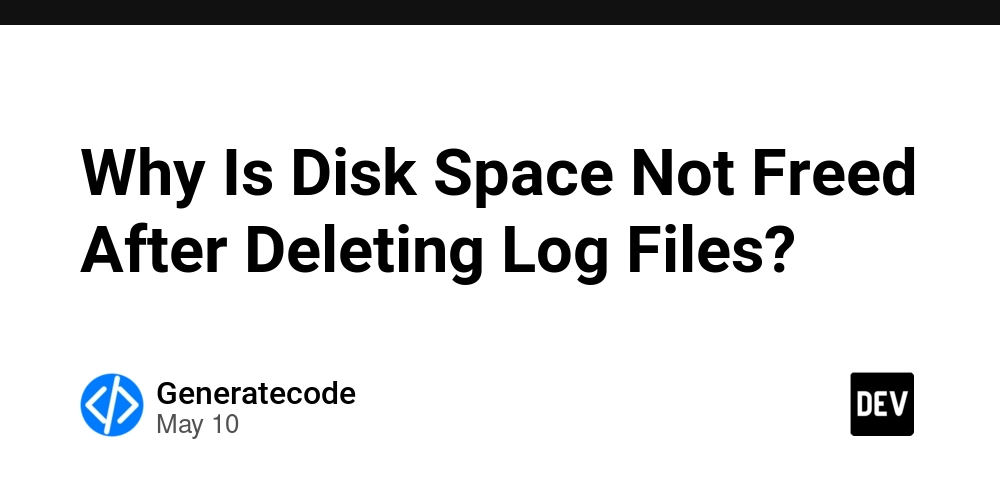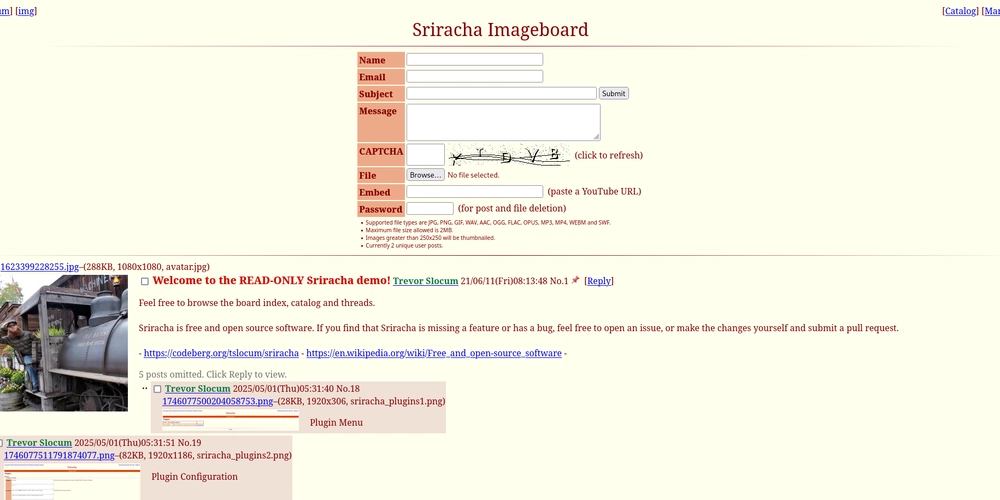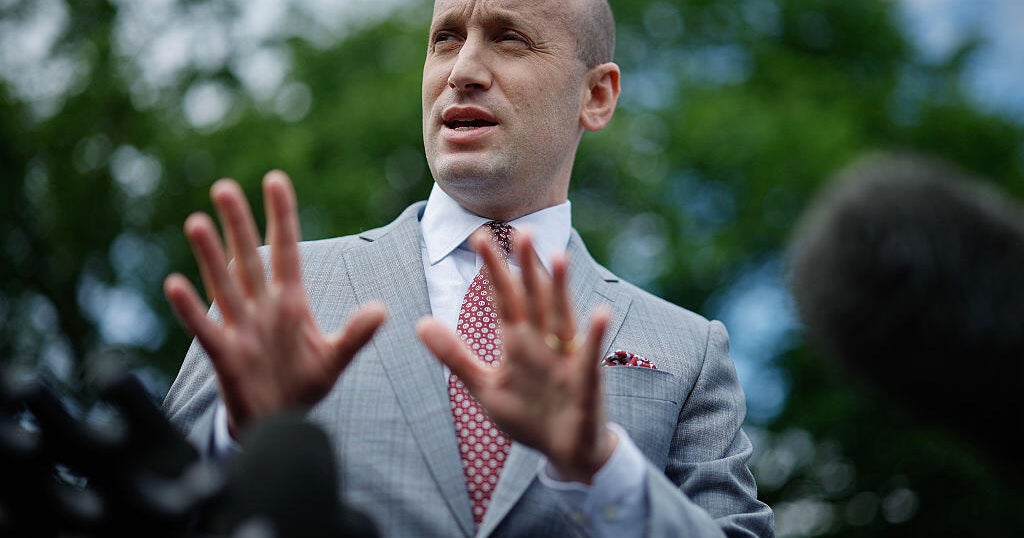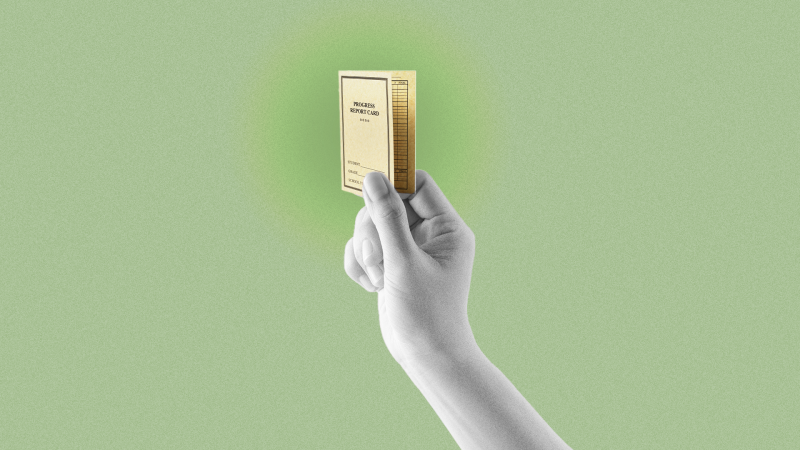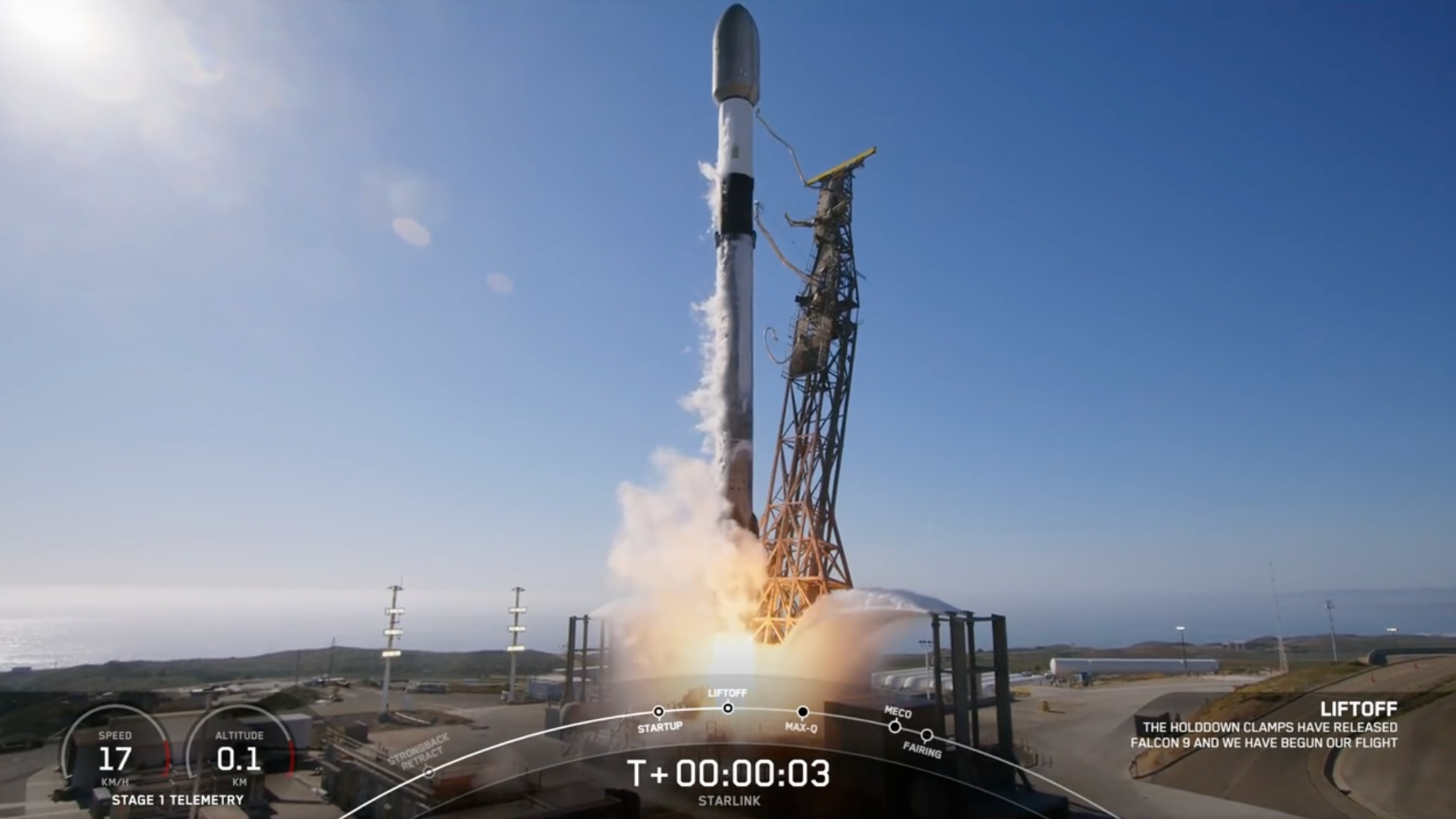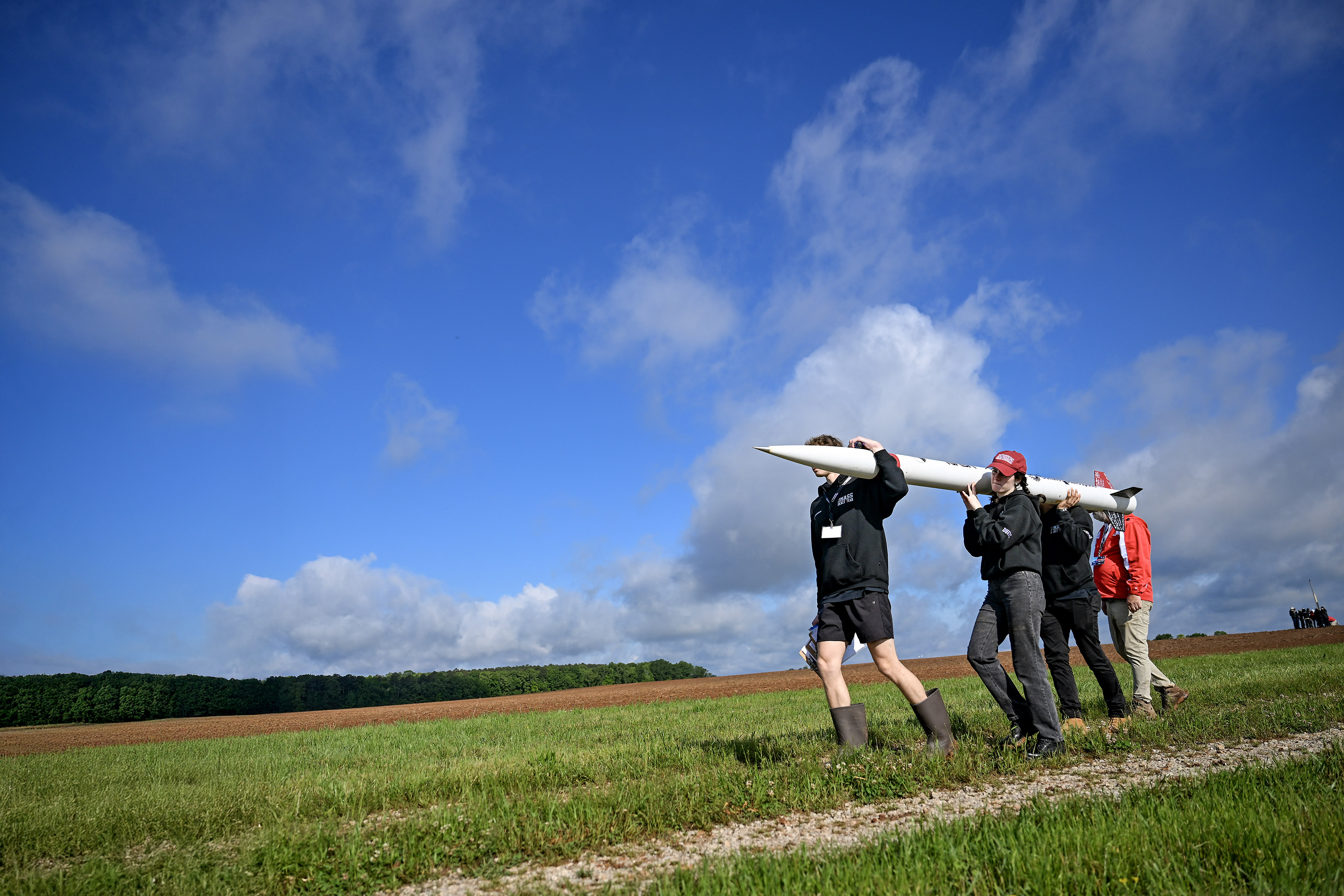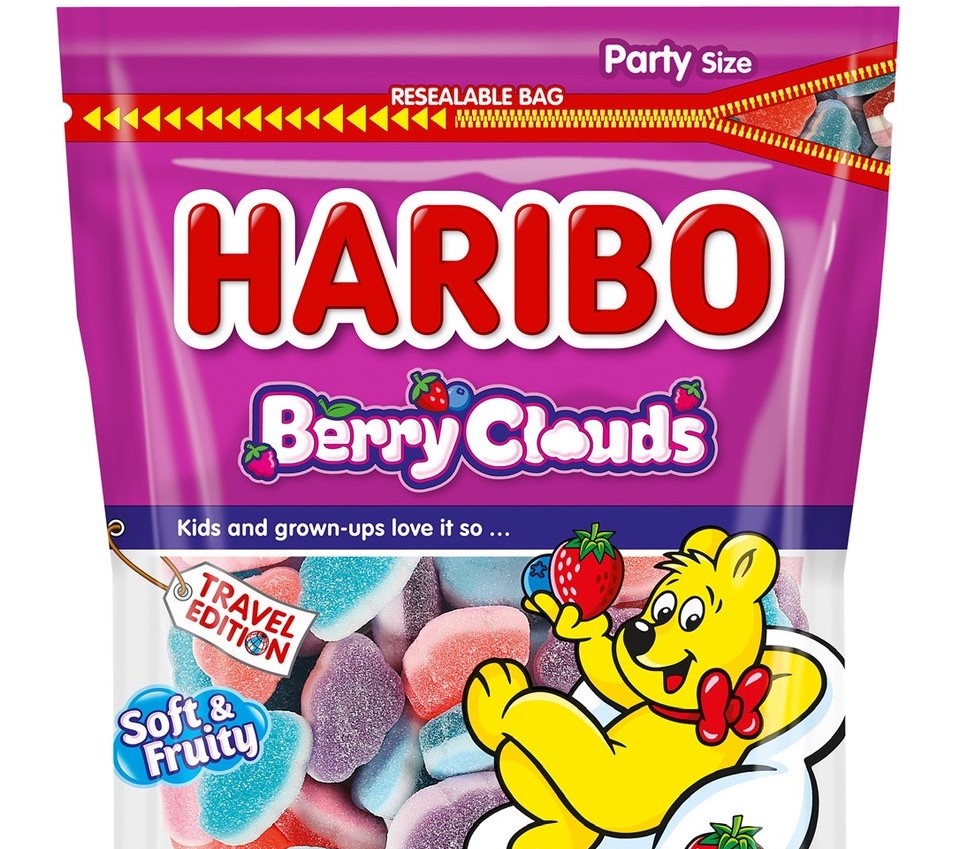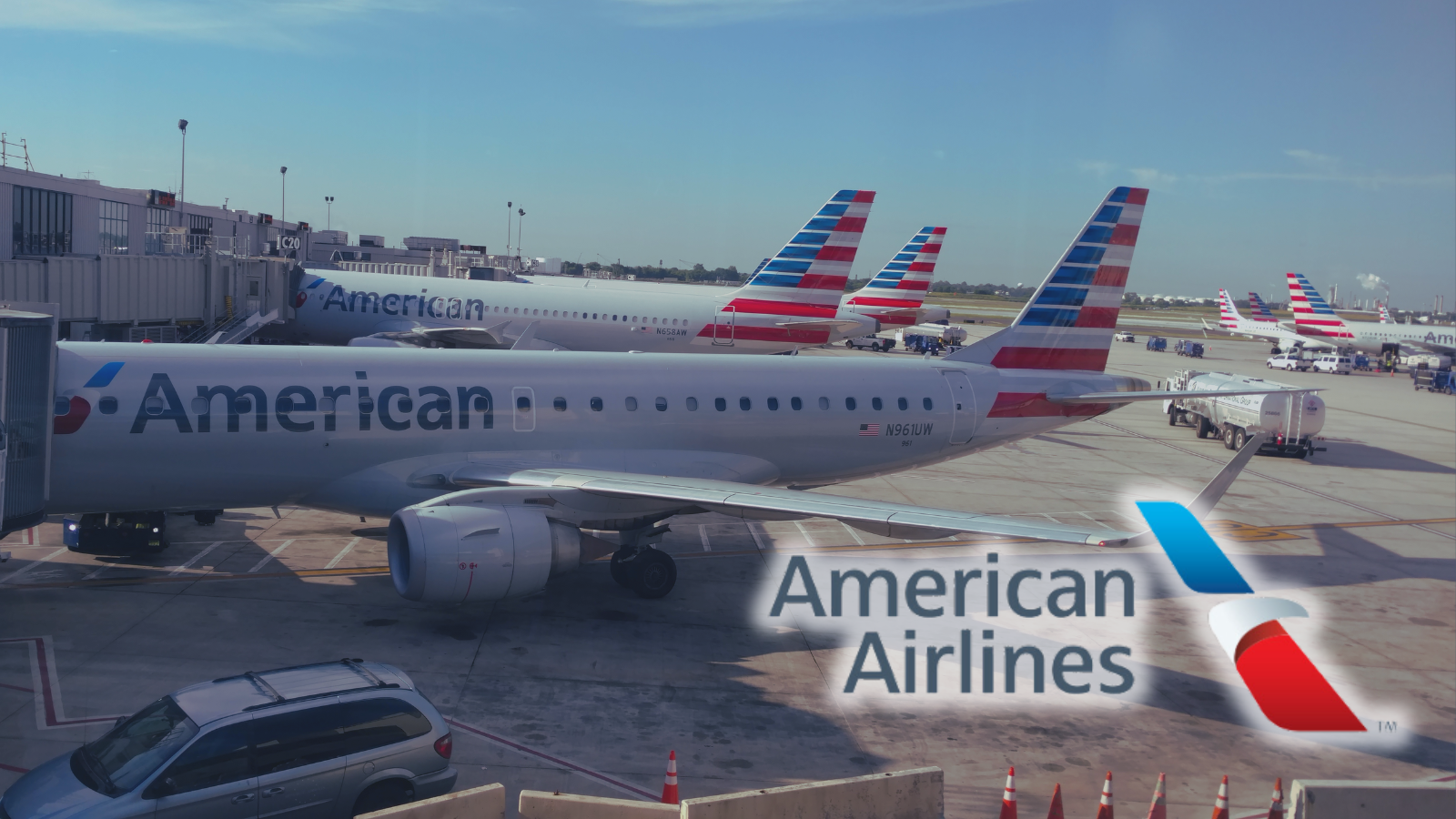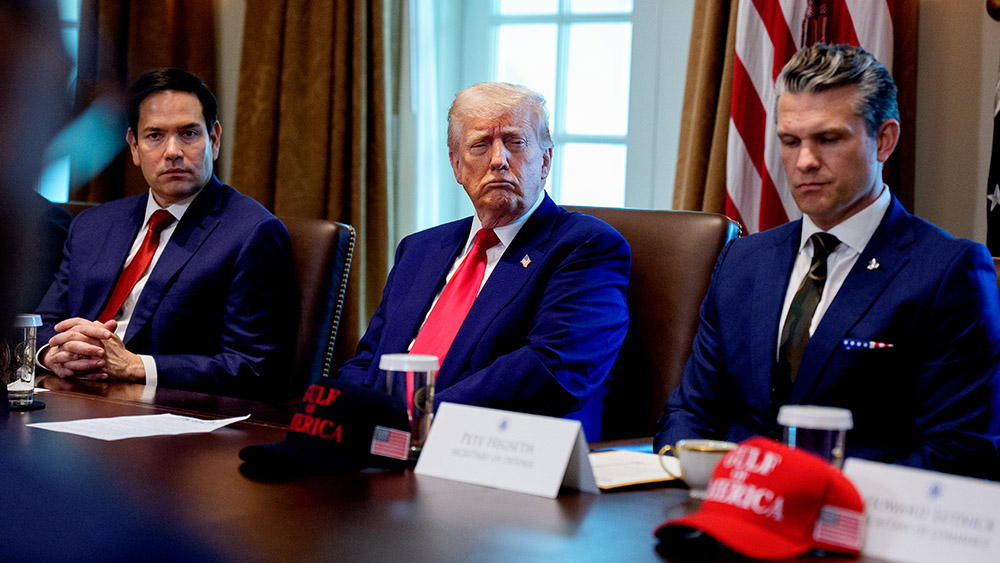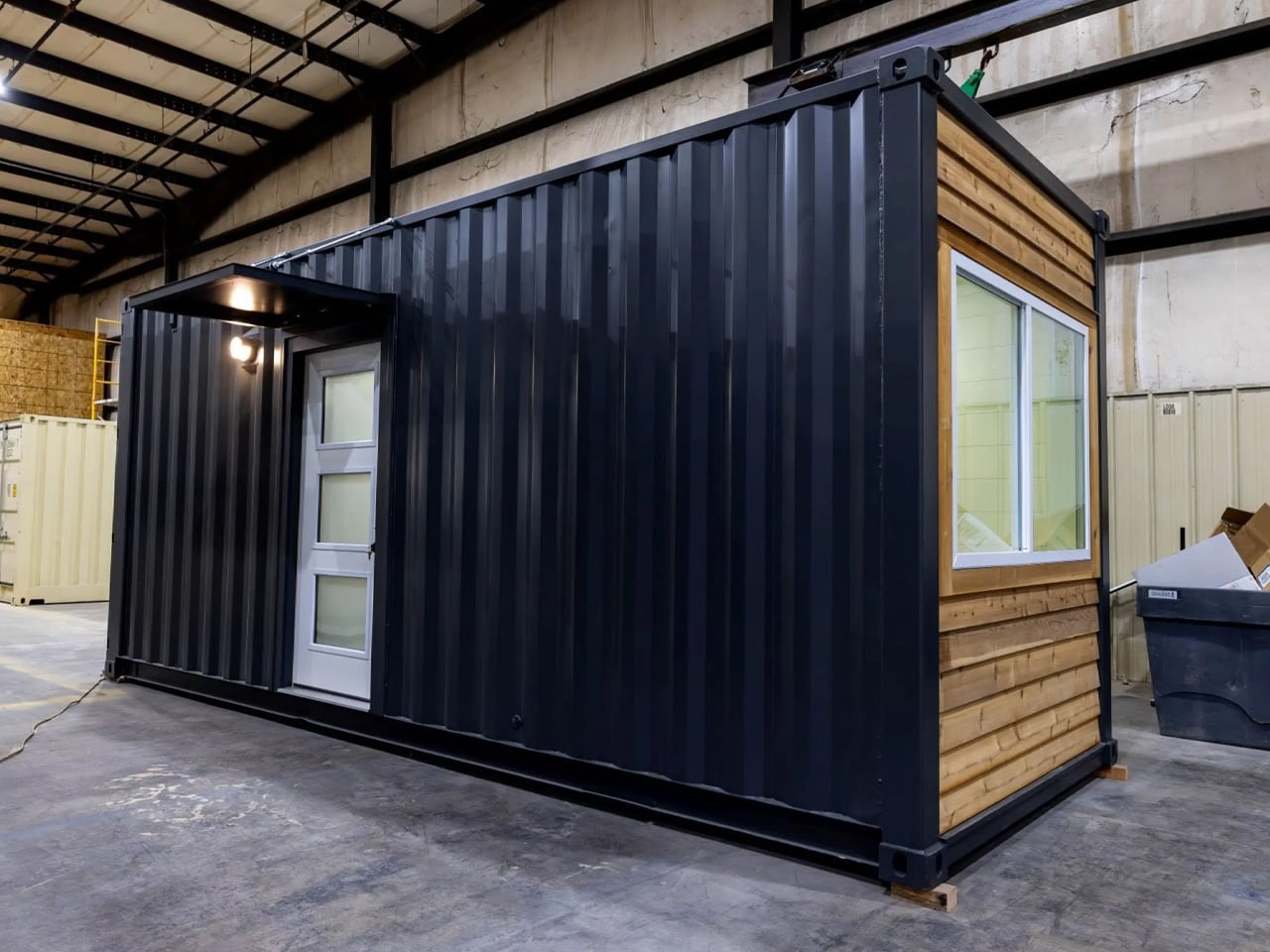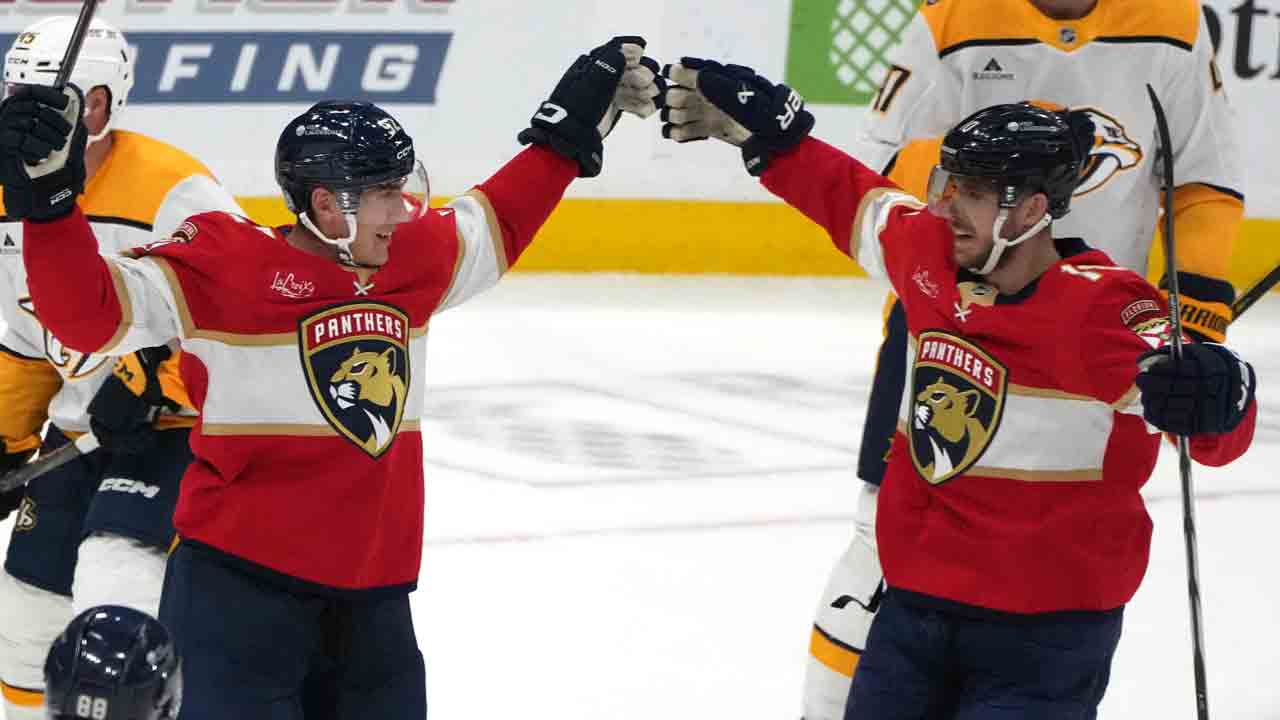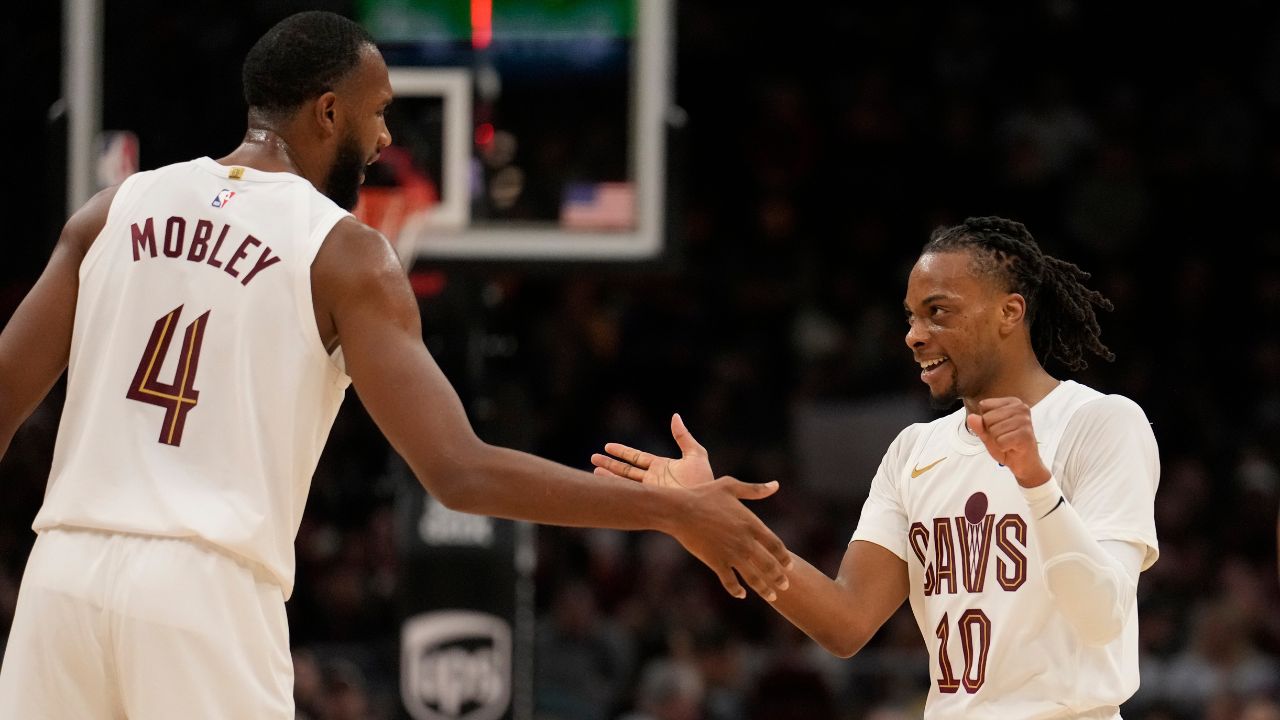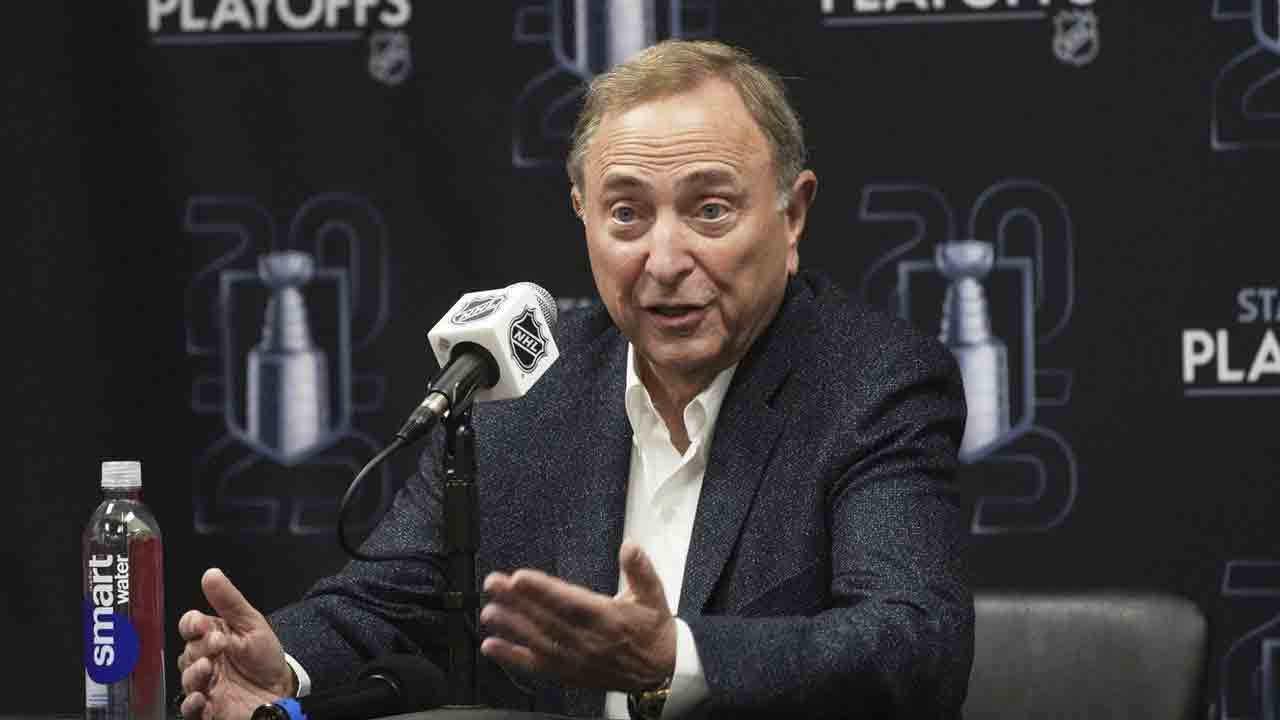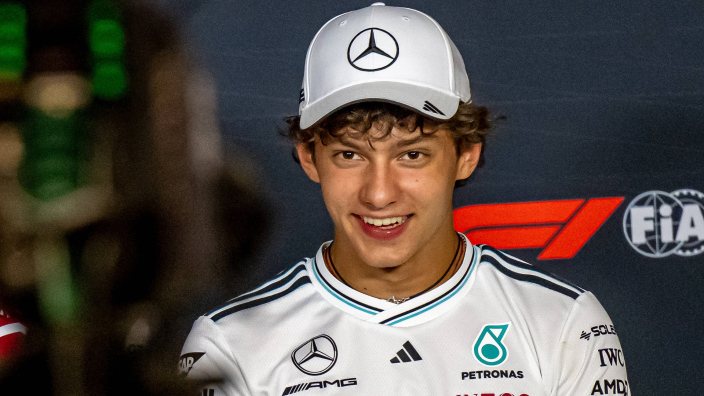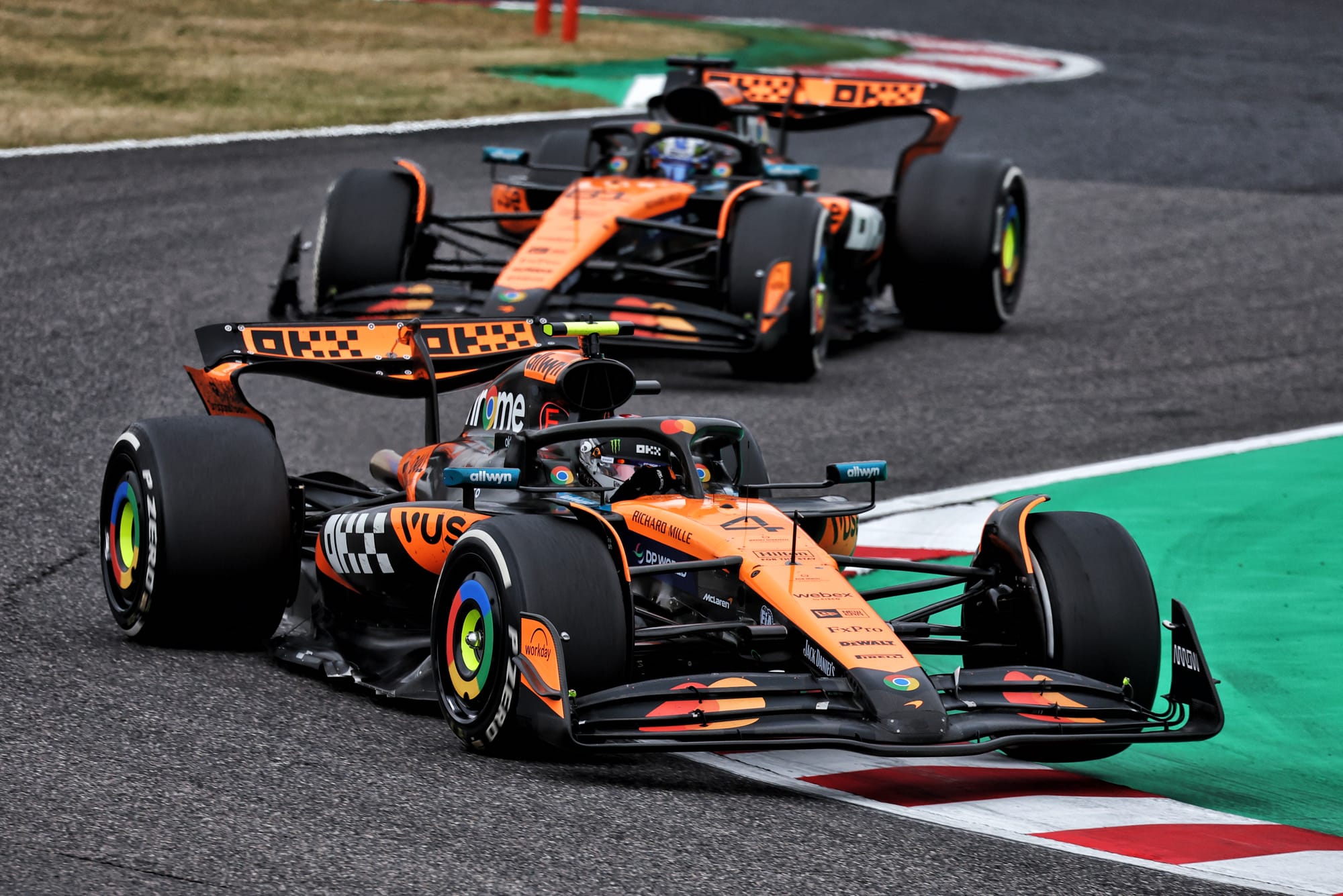Court hears oral arguments on NASCAR appeal of preliminary injunction
The U.S. Court of Appeals ended Friday’s oral arguments over the preliminary injunction granted to 23XI Racing and Front Row (...)

The U.S. Court of Appeals ended Friday’s oral arguments over the preliminary injunction granted to 23XI Racing and Front Row Motorsports by urging the teams and NASCAR to take upcoming mediation seriously.
NASCAR is appealing the district court’s decision to grant the preliminary injunction, which allows 23XI Racing and Front Row to race as charter teams this season. By racing as charter teams, they are guaranteed prize money under the charter agreement. The order also forced NASCAR to approve the sale of one charter each from Stewart-Haas Racing to the teams as both expanded to a third car this season.
The teams are racing as charter teams despite refusing to sign a release waiving antitrust claims. 23XI Racing and Front Row Motorsports are suing NASCAR over antitrust issues and accusing the sport of being a monopoly.
Oral arguments did not provide much new information. They were held before a three-judge panel consisting of Paul Niemeyer, Steven Agee and Stephanie Thacker.
Chris Yates, NASCAR’s lead counsel from Latham & Watkins, represented the sanctioning body in the argument. Yates told the court the injunction harms NASCAR and other teams because it imposes an unwanted contractual relationship on NASCAR.
“The whole point of the charter system, your honor, is to work collaboratively, together, to grow the sport,” Yates said. “These Plaintiffs, they were offered a contract (and) they rejected the contract.”
Yates made the point that NASCAR negotiating with the race teams for two-and-a-half years on a new charter agreement is “a red flag that NASCAR is not a monopsonist because monopsonists do not negotiate for two-and-a-half years.” Plus, the race teams received increased income.
During his argument, the court asked Yates what would happen if NASCAR won its appeal. The two teams would compete as Open teams, which means they would have to qualify for each race.
A trial date in the lawsuit is set for Dec. 1.
“But the point is that two-thirds of this season remains, and other racing teams would receive more money if NASCAR was not making guaranteed payments under a court-mandated contract to these Plaintiffs,” Yates said. “That is a real harm not just to NASCAR but to other racing teams. Other racing teams would receive more money if NASCAR had not been ordered into this contractual relationship with the Plaintiffs. This injunction very clearly upends the status quo; it very clearly is a mandatory injunction.”
Jeffrey Kessler, the lead counsel for the race teams from Winston & Strawn, handled the arguments from the teams. The court heavily pushed back during Kessler’s allotted time.
“The issue is, has the release been used to help maintain the monopoly position?” Kessler stated.
The release caused much pushback and back-and-forth between the court and Kessler. The court did not like the idea of the two teams wanting to have their cake and eat it, too.
At one point, the court said if two teams have an issue with the contract, “then you don’t enter into it. But you don’t sit there and say, I want in under that contract, but I want it modified to allow me to bring my antitrust claim.”
Kessler responded by arguing the monopoly claim against NASCAR. He also brought up the harm to 23XI Racing and Front Row if they were not chartered, which includes the chance that the drivers could leave the team. And if the charters go away, they would land nowhere as Stewart-Haas Racing no longer exists.
As the session came to a close, the court asked if there had been an attempt at mediation in the case. Kessler acknowledged they are open to a settlement, and that a mediator had been assigned, but the process had not started.
“This would be a wonderful case for mediation,” said the court. “Both sides have major issues, and if the parties recognize a little bit of give and take, it looks to me like it’s something that could be worked out.”
It was later stated by the court, “unsolicited observation from where I sit, I would hope the parties would take mediation seriously.”
Yates said NASCAR would, but the charter contract will not be rewritten.
“The charter contract exists and that’s what they really want at the end of the day,” Yates said. “They don’t like the terms. They call all the terms all below competitive. We are not going to rewrite the charter contract, your honor, but certainly, we’re going to participate in mediation. But the clear thing here is the district court erred, even as Mr. Kessler acknowledged.”
Friday was only for oral arguments, and a decision from the three-judge panel is to come.
